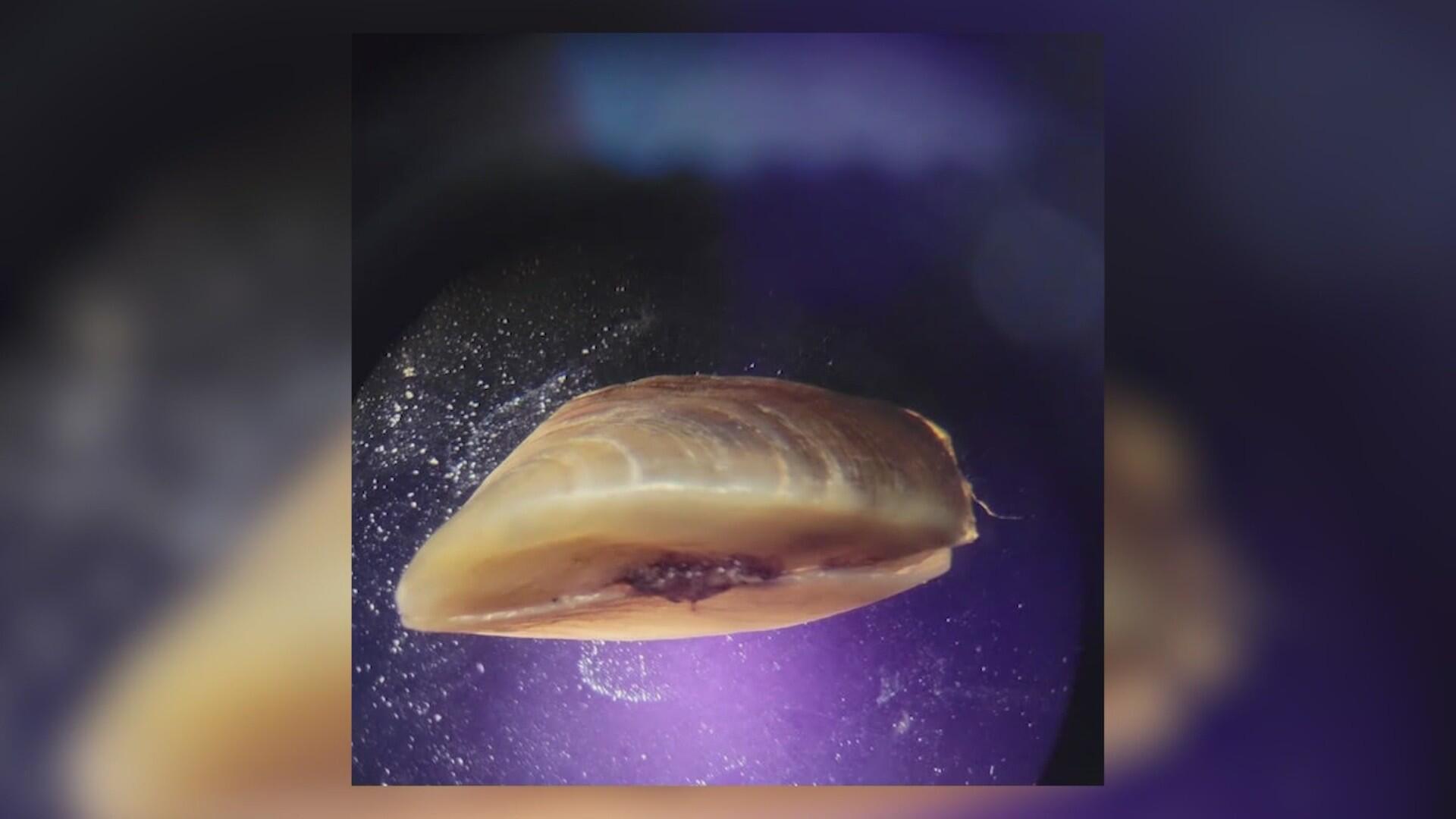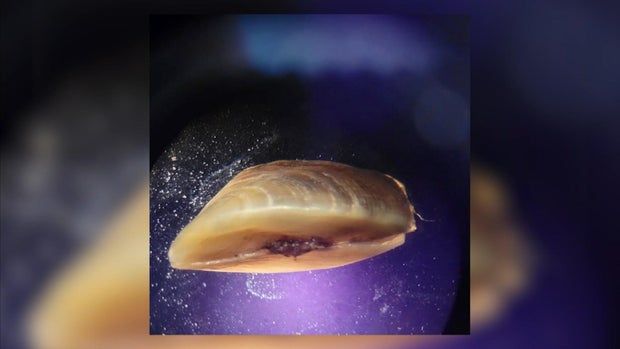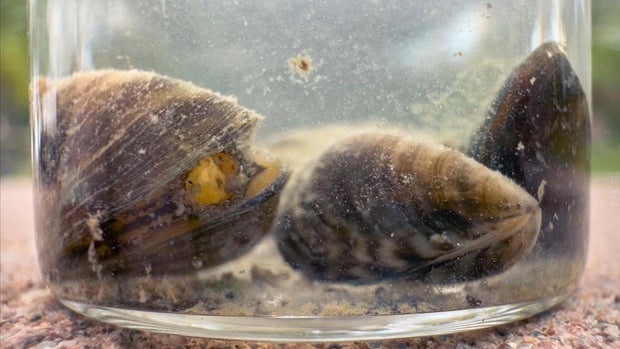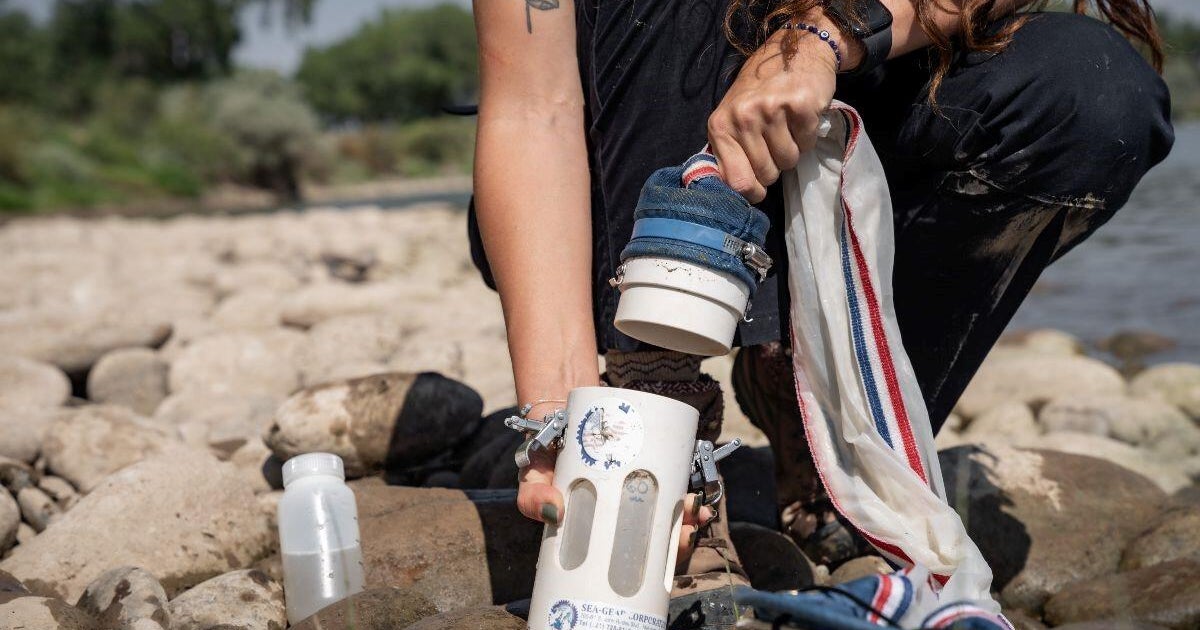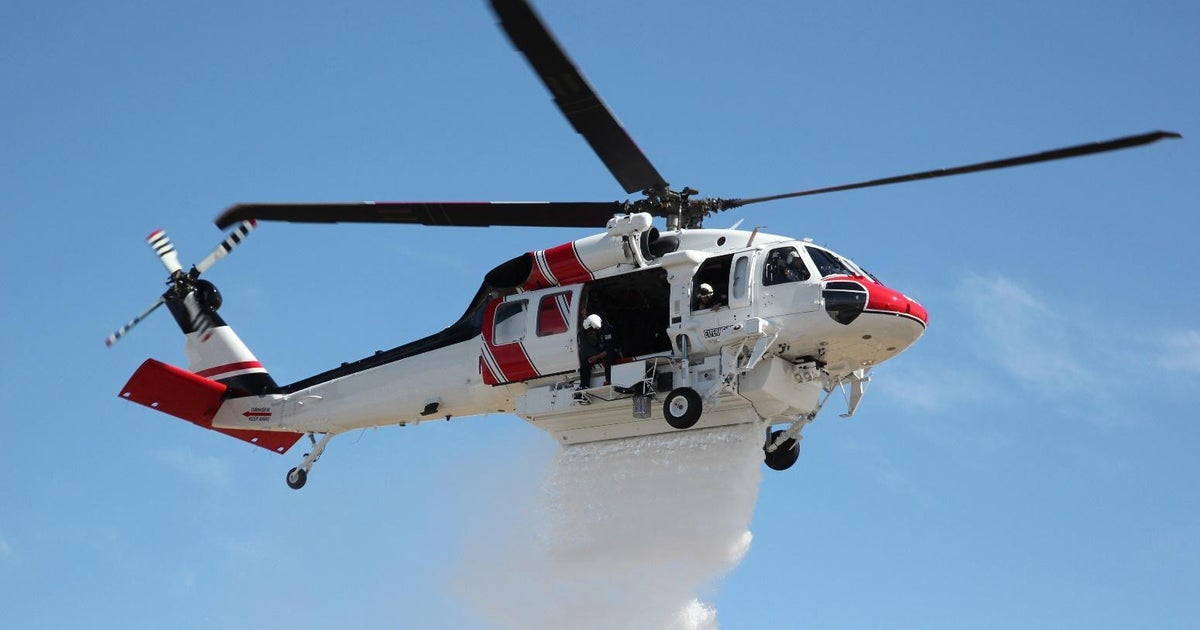Invasive zebra mussels making their way east in Colorado's high country. Find out why you need to be paying attention.
let Coloradans know that zebra mussels have been found in a private body of water in Eagle County this month. That marked progress from the creatures' first spotted location on the Western Slope is a big step for the mussels in their effort to spread, and bad news for everyone else.
The 's Lindsay DeFrates explained we still have the oppurtunity to turn this around, but the window to act is closing.
"I think right now is a moment in Colorado's history with water that is going to be defining how we handle this," DeFrates said. "We really have to be focused on the long game right now."
The CRD is hosting a , because the organization understands what's at stake should the mussels continue to end up in other bodies of water, and multipy.
"Infrastructure impacts," DeFrates said, to start. "These diversions, canals, whether it's for irrigation or drinking water, are essential lifelines for all of our communities across the Western Slope, and mussels impact on infrastructure is well known and well documented, and it's not cheap to fix."
The other issue?
"Water quality, people hear 'filtration' and they think, 'oh, that's great.' But the reality is our rivers are used to carrying a pretty high silt load, which basically provides shade and lowers the temperature for fish and ecosystems."
Too much heat, fish die. Too few nutrients in the water because the mussels are eating it all, other ecosystems collapse. DeFrates said mussels are an added blemish on an already aggressive acne meltdown, to keep with the skincare metaphor.
"The municipal, the recreation, agriculture, the environment, they're already facing tremendous pressure from hotter, drier summers and the lower stream flows," DeFrates said. "You add that to the fact that a lot of our infrastructure for water in this state is close to 100 years old, and we're seeing this compounding effect that mussels are going to bring where the issues that we're already dealing with are now even more urgent, and they're going to have to find ways to manage and upgrade their systems to reflect this new situation."
Tom Hogeman, Marina Service Manager over in Frisco said his team has been checking for invasive species on boats for more than a decade at this point, but zebra mussels are a threat he hasn't seen the likes of.
"They can cause tremendous damage to the ecosystem, infrastructure ... that could shut down recreational boating if, you know, Denver Water decides that they present enough of a threat."
"So that's a big deal," Hogeman said. "My livelihood depends on it," he added, glumly.
But it's not a time to throw in the towel, according to DeFrates. Quite the opposite in fact.
"If there's one uniting factor in our very, very divided landscape of politics, socioeconomic experience and everything going on in our country, water is a place where so many of us come together," DeFrates said. "All of these different interests find common ground, and that's where these solutions are built. But I don't want to make it sound like it's that easy: this will not be easy."
But a big fight starts with simple steps, like Tiffany Hays, a paddleboarder prepping to take on Dillon Resivor. She also happens to know about the zebra mussel infestation, and that it's up to people like her to make sure they aren't spreading the infestation.
"I wipe mine down really good, after each use with a towel," Hays said. "I inspect all the different parts just to make sure there's not something on there that shouldn't be there."
She believes if we all do a little effort, we can keep this from getting any worse than it already has.
"if we can get ahead of it and keep it from going to some of the other lakes, that we can have some success," Hays said.

